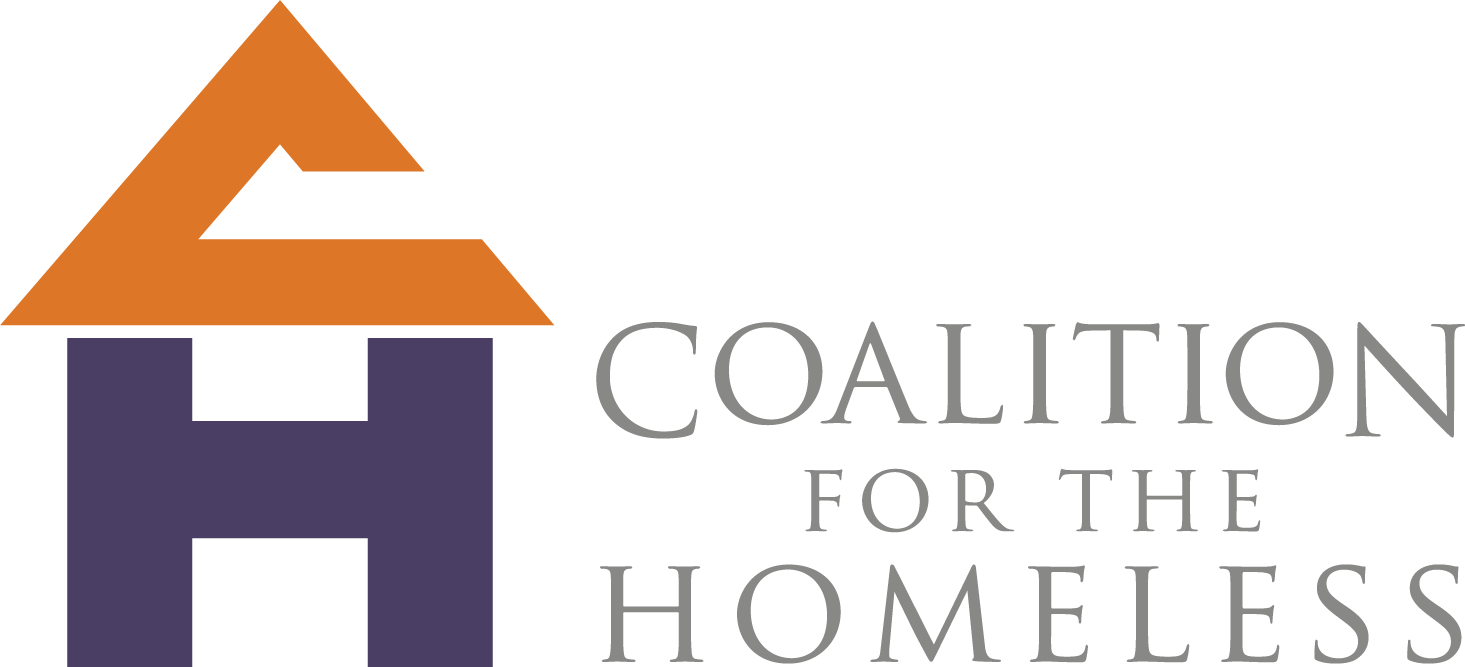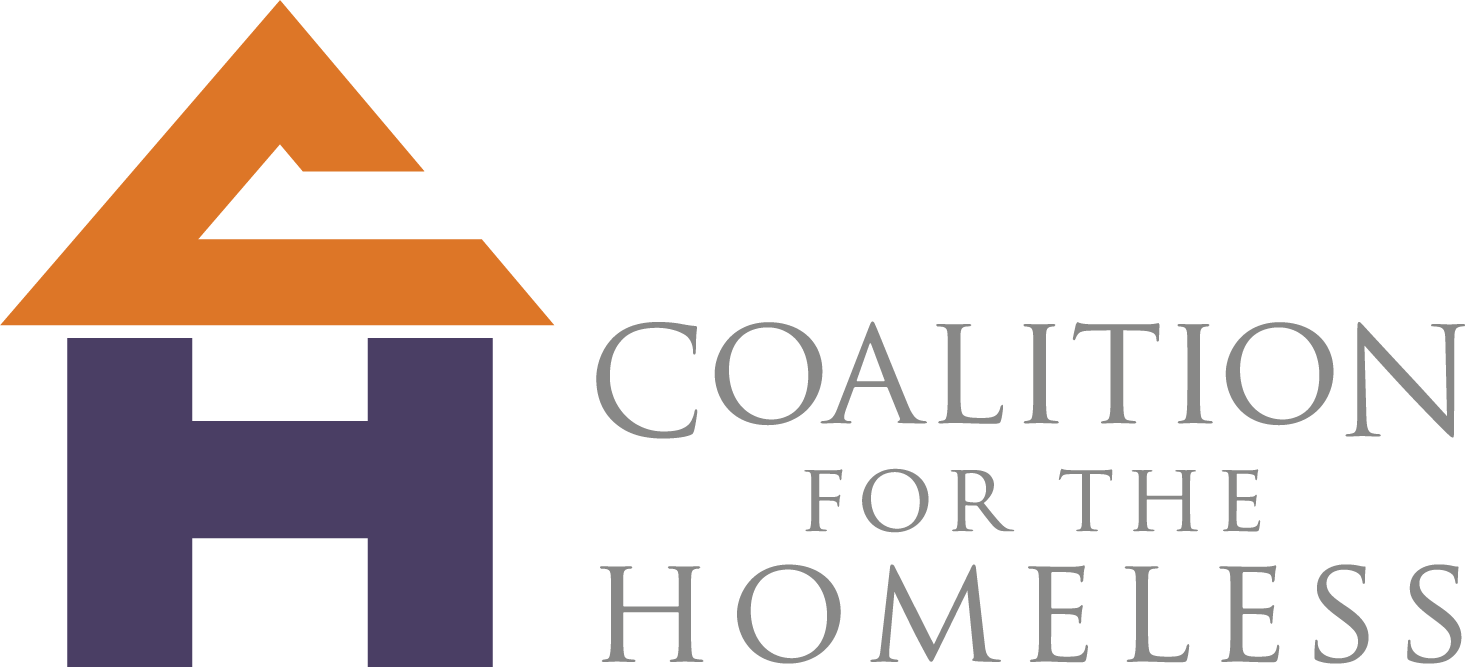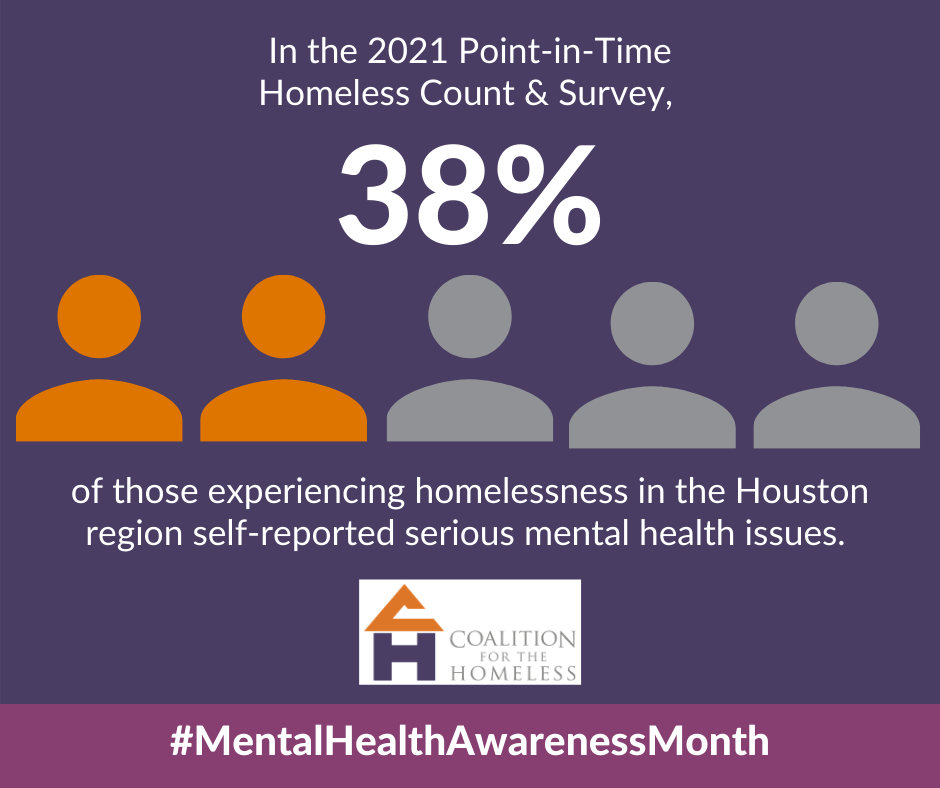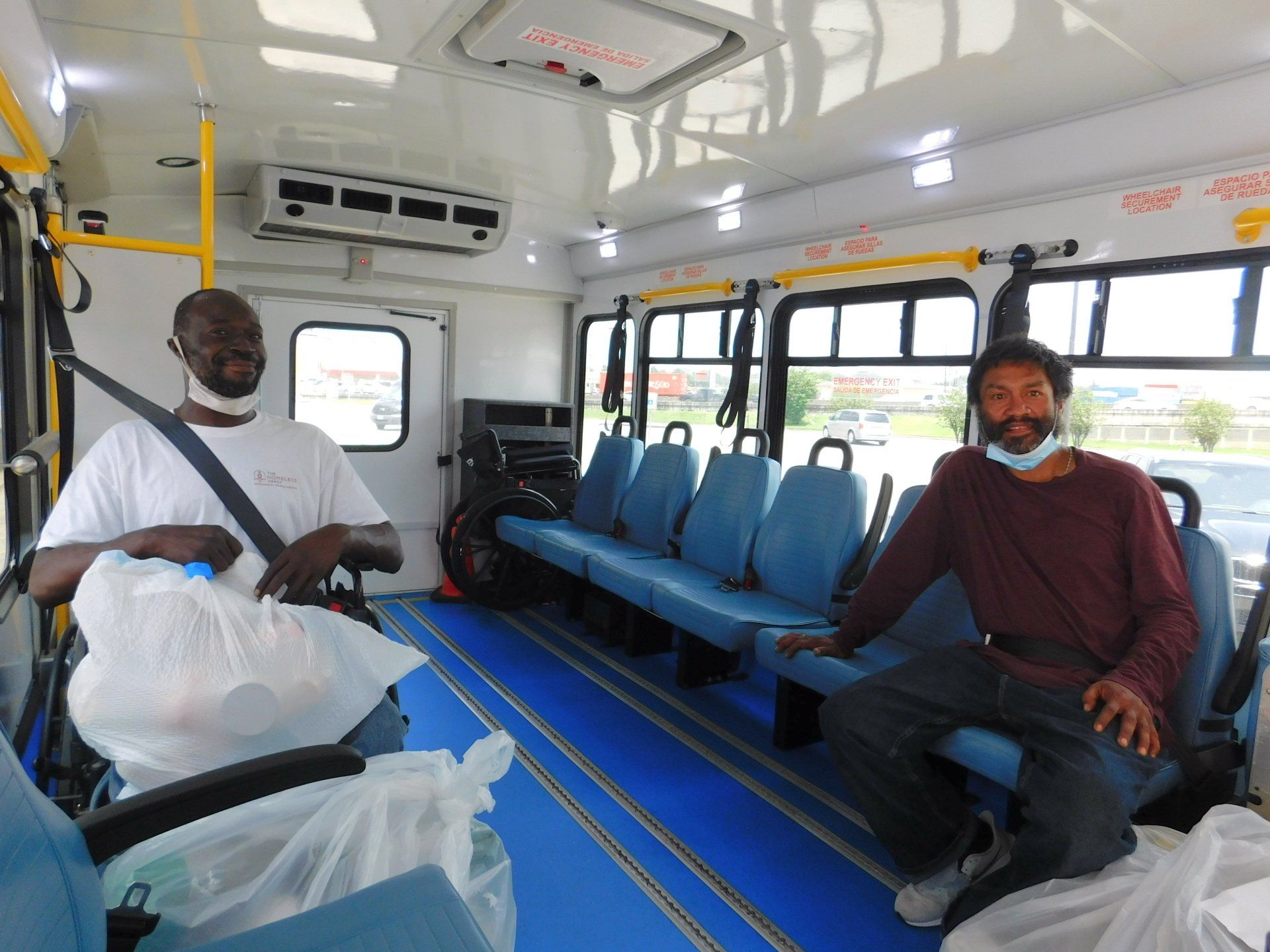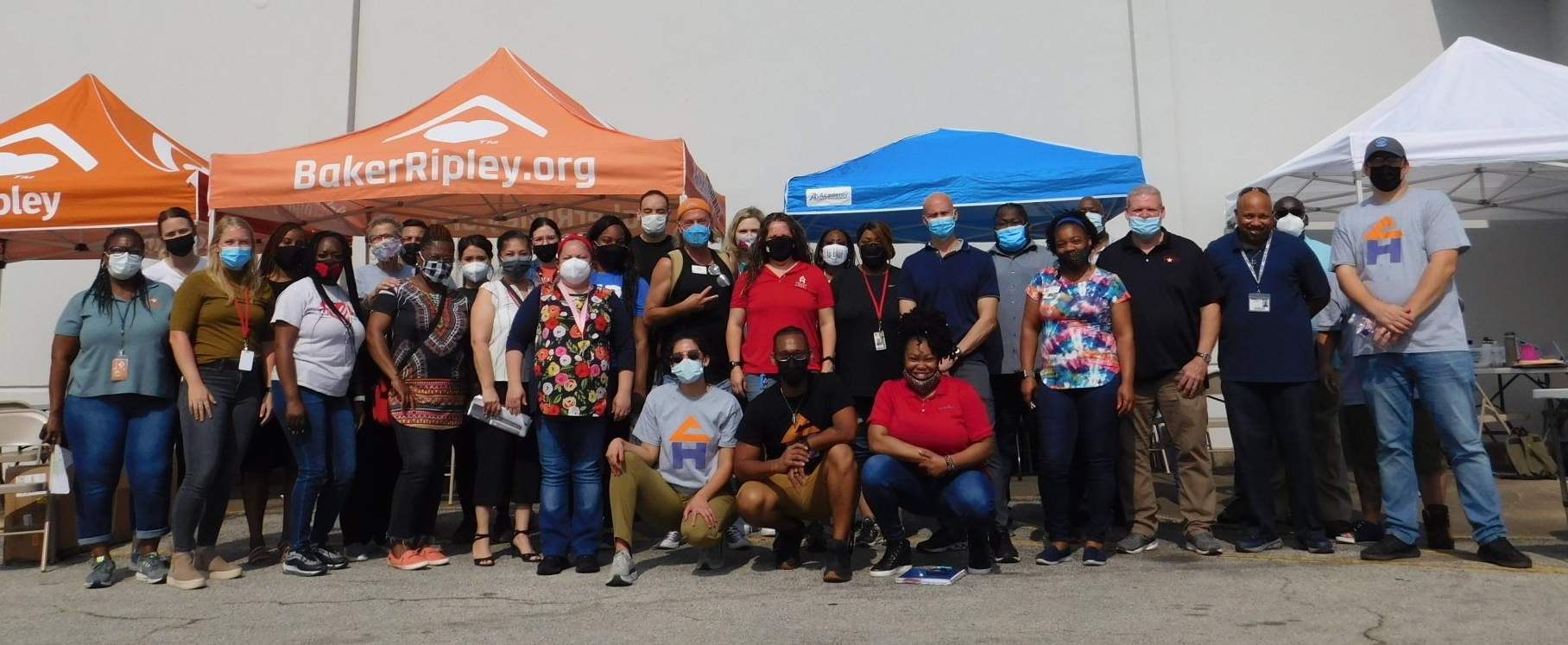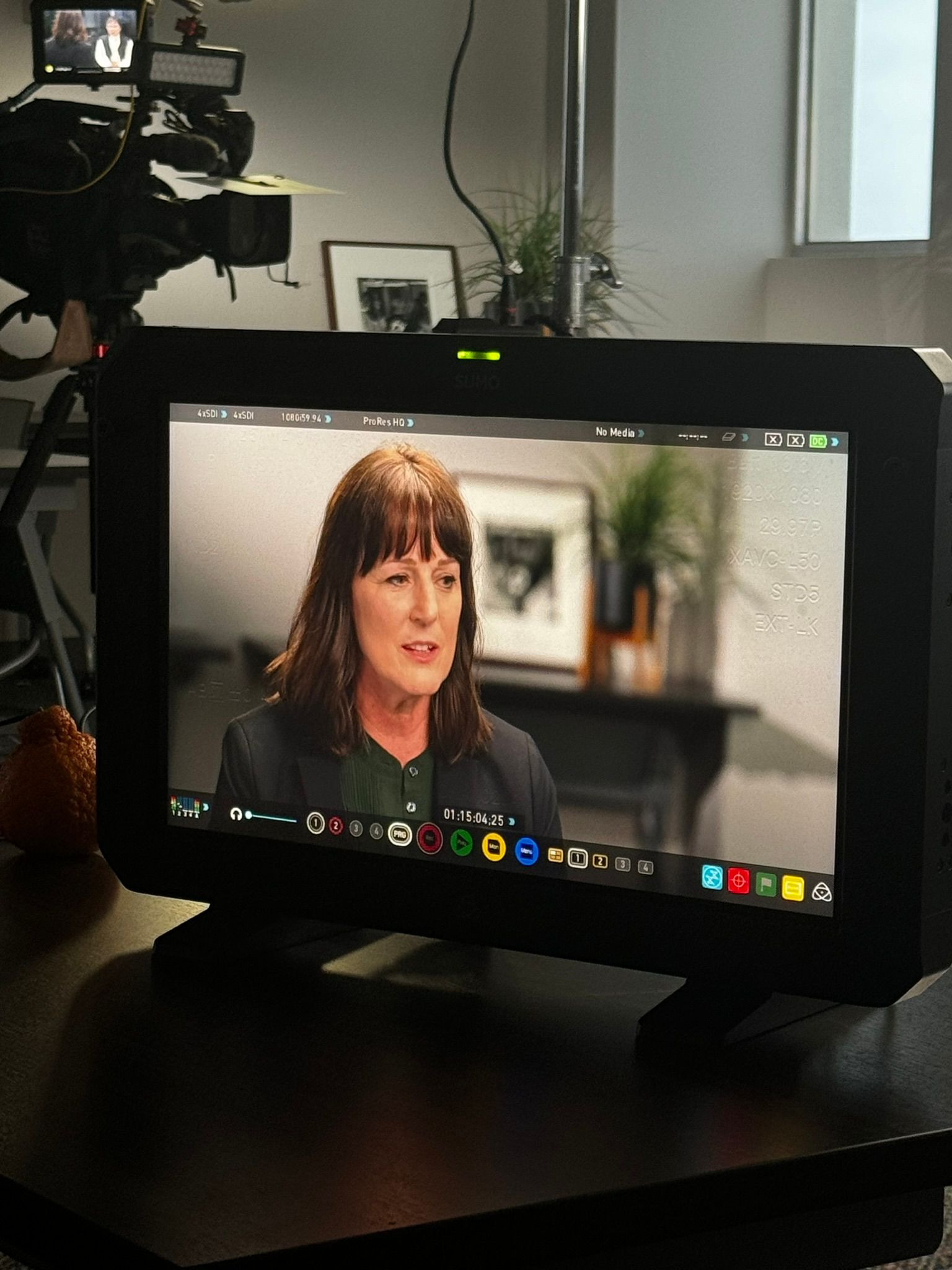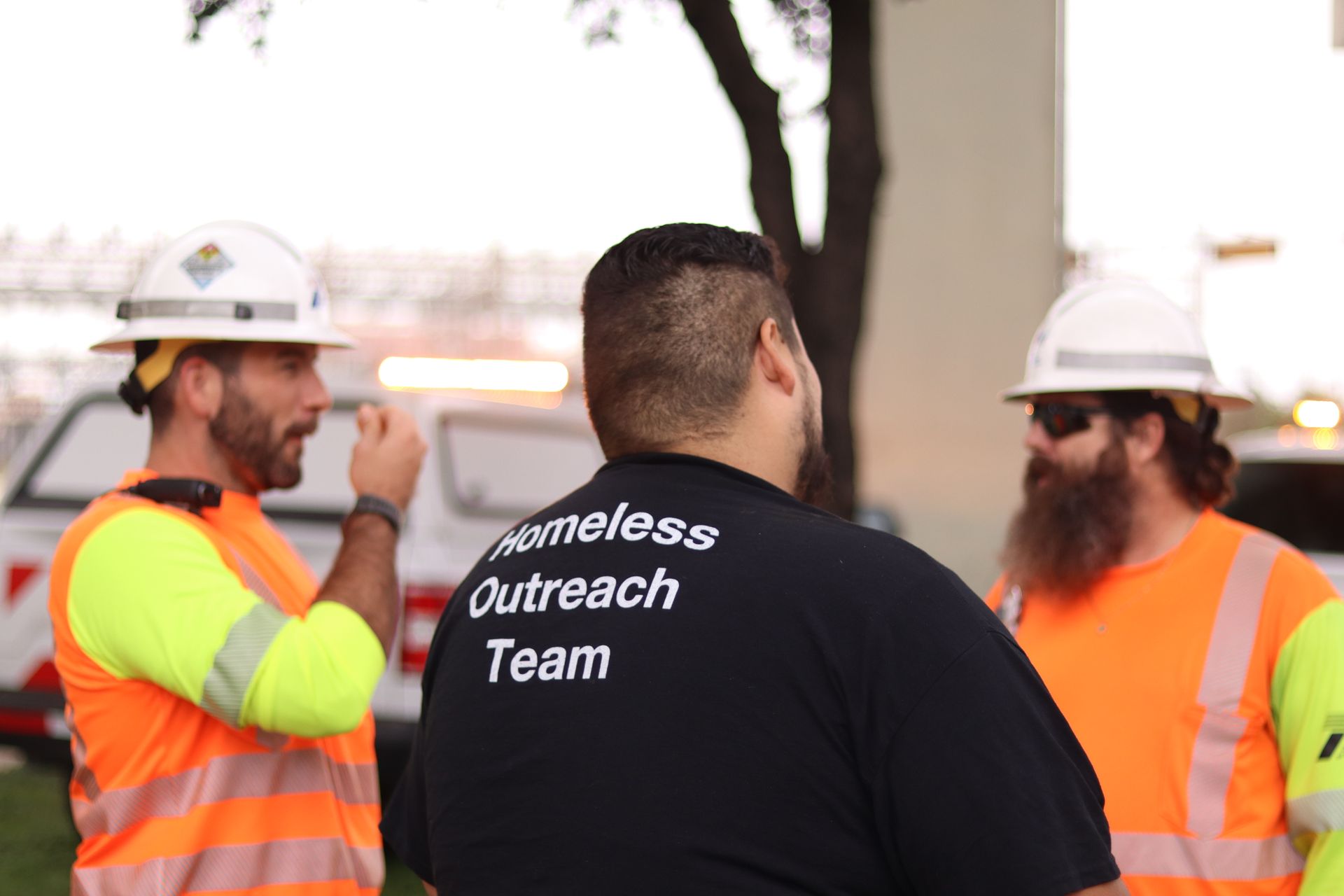Case managers work with clients who have been permanently housed to help them acclimate to their new life, including connecting them to resources like income or food. Thanks to the CCHP, it also means connections to mental health supports.
Some clients have acute mental health crises or pre-existing disabilities that can make it challenging to maintain housing. The CCHP has provided resources for a new team administered through our local mental health authority, The Harris Center. These teams provide intensive, hands-on behavioral and mental health supports to the clients we serve who may be experiencing a mental health crisis.
If the client is willing to participate, a case manager can submit a referral to The Harris Center. The Harris Center can then conduct a consultation and determine what mental health social services, if any, are most appropriate for the client.
These services are designed to increase residential stability, help people remain off the streets, and help them maintain their connections to care. They are open to all housing programs and are only contingent on whether the client wants to participate.

